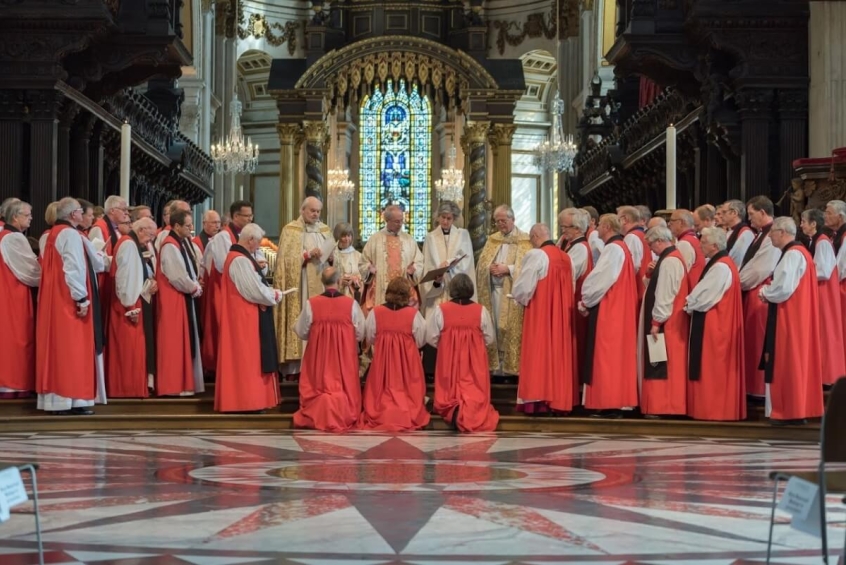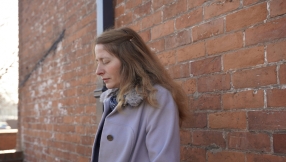
How does the Church choose its bishops? There isn't much indication in the Bible. We might imagine that a bishop is chosen by a specially appointed Church committee, or even by other bishops, perhaps.
Down through the centuries, the politics of many episcopal appointments – bishops have governed territories, counseled kings and disposed of vast revenues – have meant that the state has had a say in the decision as well as the Church. The Church of England has inherited a situation where technically the prime minister and the Queen make the final decision on who is to preach the Gospel, teach the faithful and preserve Apostolic doctrine.
This is rather odd, to say the least, and reflects a particular set of historical and cultural circumstances. Henry VIII wanted to control his own Church rather than being beholden to Rome, for a start. It also reflects a particular mindset: to be English is to be Christian, and a particular kind of Christian, at that. Like Parson Thwackum in Tom Jones: "When I mention religion, I mean the Christian religion; and not only the Christian religion, but the Protestant religion; and not only the Protestant religion, but the Church of England."
Now, though, the Church of England is a minority faith in its own country. Successive governments, notably Gordon Brown's, have nibbled away at state involvement in the bishop-making process. Today, the Crown Appointments Commission meets, quite secretively, and conducts interviews and assessments of potential bishops' suitability. A General Synod report from July this year reveals – it was not really a secret – that there is a "presentation and homily element" to this process; candidates find themselves back in a college sermon class, invited to preach to a hyper-critical audience. The commission then sends two names to the prime minister, who sends the first to the Queen. It is virtually a rubber-stamp exercise, though the prime minister's Appointments Secretary remains an ex-officio member of the commission.
As long as the CofE is the Established Church in England, the state is going to be involved at some level in its governance. But now the Church has decided to mount a "theological review" of the work of the commission, with some pretty high-powered participants. It will be chaired by Prof Oliver O'Donovan and other members include two professors of divinity, a professor of history, a professor of New Testament as well as the Secretary General of the Anglican Communion, Archbishop Josiah Idowu-Fearon.
This is an opportunity for some really serious thinking. It is not just about how to make things work, in terms of accountability and committee structure. It could question the whole basis of how the Church chooses its leaders. From an ecclesiological point of view, the involvement of the prime minister at all is a theological embarrassment that ought to be ended if at all possible. But there are deeper questions to be asked about how leaders emerge. To what extent should they be imposed on a diocese, even by the most expert committee imaginable? Would it be more true to primitive tradition if they were elected by those they were to serve? How are they identified and nurtured? And what, essentially, are they for?
There are big questions at stake here, and theological reflection can't be divorced from pastoral questions and issues of strategy. Theology, though, is where the Church needs to start.













